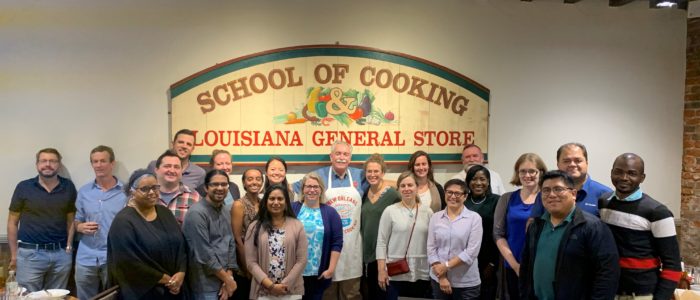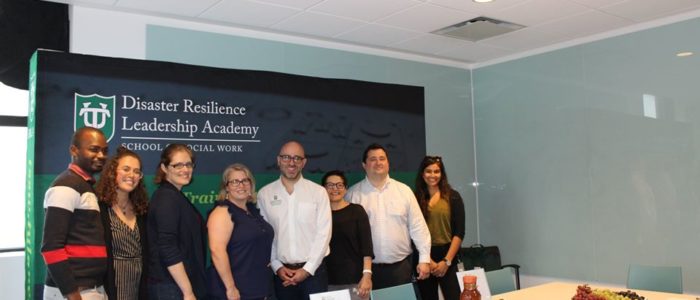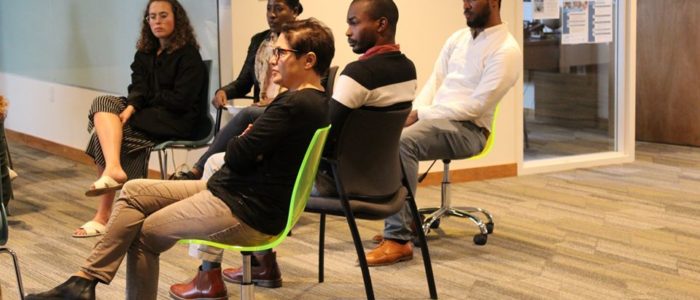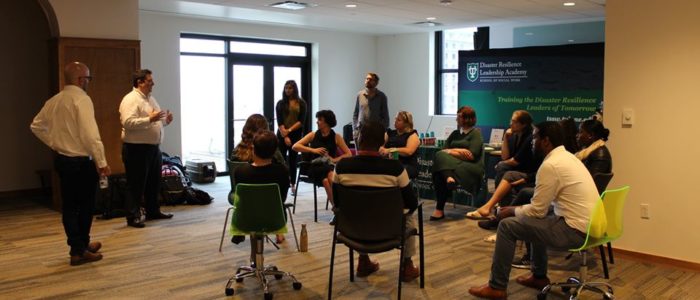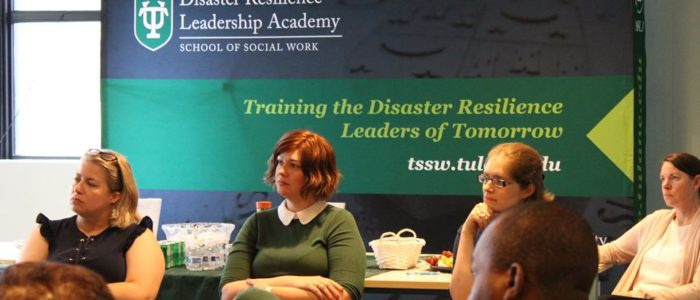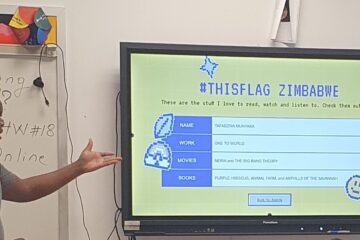For the month of September 28th,2019 I packed my bag with enthusiasm and passion lighted upon my face of a global change leader owning to the perspective of leading change in a multicultural diversified world and board the awaited flight to Washington DC. I reported for my fellowship to the USA, got attached to the American Red Cross and eventually transitioned into my role as the ICT’s Disaster Preparedness Fellow.
In less than a few weeks I got to attend the preparedness meeting in New Orleans as a referent serving at the Global Disaster Preparedness Center technology and innovation unit. Joint partners and representatives from the Geneva office, and the International Federation of Red Cross, and Red Crescent Global Team participated in a planning meeting of transforming the lives of societies through digital mobile tools. One of the key topics of the meeting was anticipated preparedness to the different predictable disaster hazards and first aid obstacles encountered in illuminating resilience within affected communities. Other topics covered during panel discussions included:
- Data Monitoring Evaluation & Learning Standards/Proposal Guidance
- Technology Innovation and Partnership (AR/VR/Preparedness Games)
- Doctrine Updates/ Standard indicators
- Regional Updates, GIS/Data Readiness
- Population Movement
- Heatwaves/Climate effects on Urban Conservation
- Blended learning Digital Disaster Preparedness Tools
- Mental Health Causes
- Priority Country engagement – Field visits, DRC Diagnostic, Regional engagement updates
- FY20 (-FY22) Work Plan and Strategy 2023 – include discussion of ToC and key goals for Preparedness
Discussions with the regional representatives focused on improving communication and coordination with the region identification of challenges and opportunities and plan to address.

Learnt and absorbed key strategies adopted to the human-centered design approach that Global Disaster Preparedness Center encapsulated in digital technology and innovation being implemented, the objective of this approach has been known to break the stereotype bias of leveraging decision authority to donors and limiting the end-users from informing problems and solutions that enable technology to address the actual gaps. Based on his experience in leading the Katrina operations retired Lt. Gen. Russel Honore, who was the Chief Guest, highlighted the challenges faced due to the gaps in innovation, he encouraged the leadership to adopt the use of technology in scaling the great work that the American Red Cross is supporting globally.
As a pillar of driving technology and innovation, the Global Disaster and Preparedness Center team is incorporating best practices and knowledge management digital tools in mitigating prone disasters and hazard whilst building resilience and preparedness in communities.
Tulane University School of Disaster Leadership Resilience Academy offered us a platform to share with the students our field experience and career insights as well as the contribution and responsibilities that come with working in disaster responsiveness. In order to effectively implement the strategy, there is a need to partner with academia to support researches. The recent research on Hurricane Dorian and past disaster scenarios demonstrated a high rate of mental health and climate change cases across various US cities including New Orleans and other countries in Africa.
While in New Orleans the aroma of the food could not go unnoticed, during the meeting we attended a cooking class session at the New Orleans School of Cooking. It was one of the greatest experiences, which got me involved and cultured into a series of traditional techniques in preparing different artisan appetizing dishes. For the better part, I enjoyed all the different kinds of prepared dishes with exclusive chef service during the cooking class lesson. This cooking experience stood true to my favorite African proverb ‘The person who has not traveled widely thinks his or her mother is the only best cook’.
